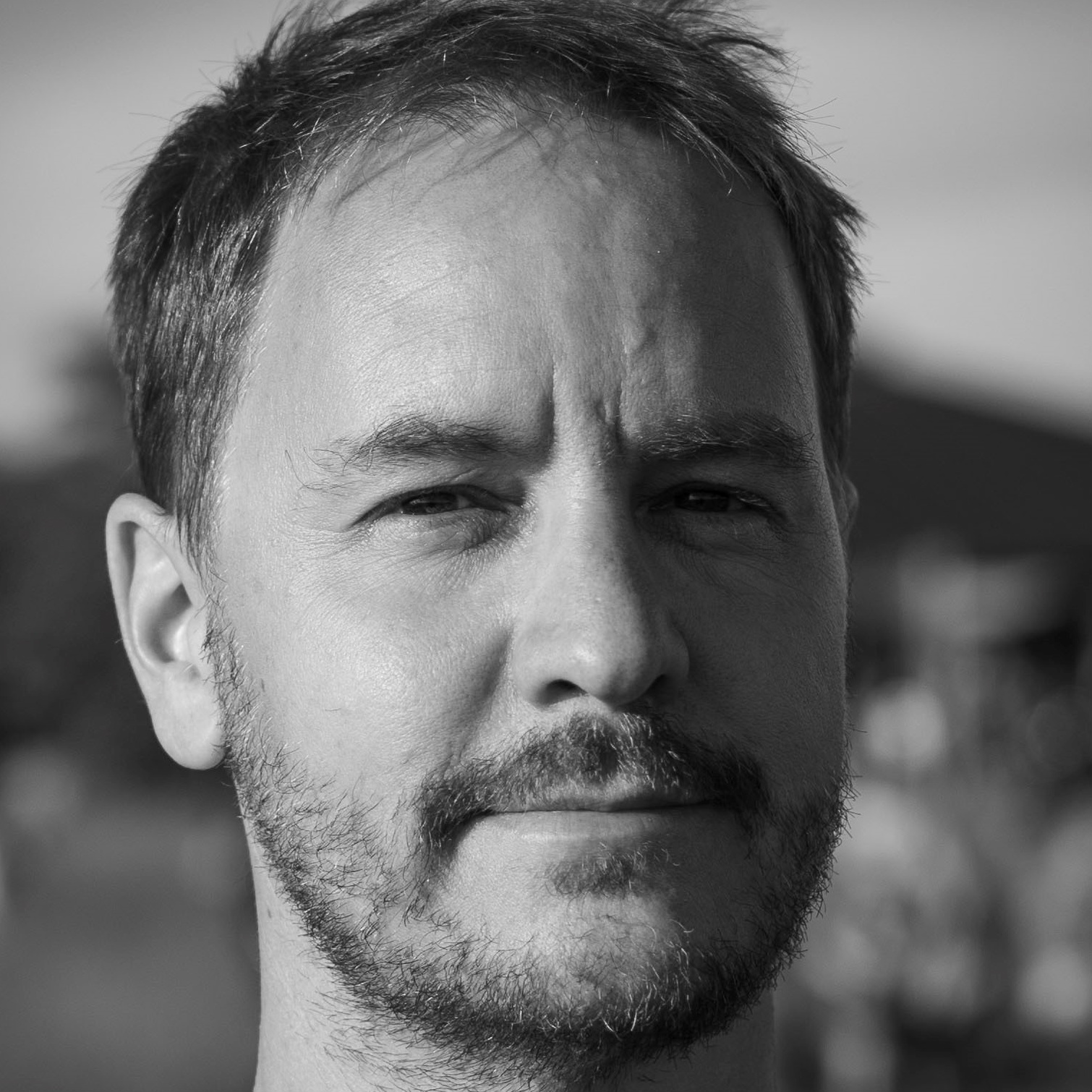Human and pathogen evolution in the Sikora Group
The Sikora group works at the intersection of ancient genomics, population genetics and paleoepidemiology and investigates the evolutionary history of humans and our associated pathogens.

Recent advances in the recovery and genomic sequencing of ancient DNA have revolutionized the study of human history. For the first time we can now directly trace the genetic diversity of past organisms through time, and use those data to investigate some of the most fundamental questions in human evolutionary history:
- How was the genetic structure of present-day populations established, and what were the major processes responsible for shaping human genetic diversity?
- What were the origins, distributions and impacts of major pathogens affecting humans throughout history?
We aim to tackle these questions by applying state-of-the-art computational and statistical modelling to population-scale genomics datasets, integrating both modern and ancient DNA.
- Mühlemann, B., ... Sikora, M. 2020. Diverse variola virus (smallpox) strains were widespread in northern Europe in the Viking Age. Science 369, 6502, p. 1-12.
- Sikora, M., et al. 2019. The population history of northeastern Siberia since the Pleistocene. Nature 570, p. 182–188.
- Sikora, M., et al. 2017. Ancient genomes show social and reproductive behavior of early Upper Paleolithic foragers. Science 358, 6363, p. 659-662.
See full list of publications by Martin Sikora
Group members
| Name | Title | Phone | |
|---|---|---|---|
| Seersholm, Frederik Valeur | Assistant Professor | +4535334123 |
| Name | Title | Phone | |
|---|---|---|---|
|
Lei Huang |
MSc student |

